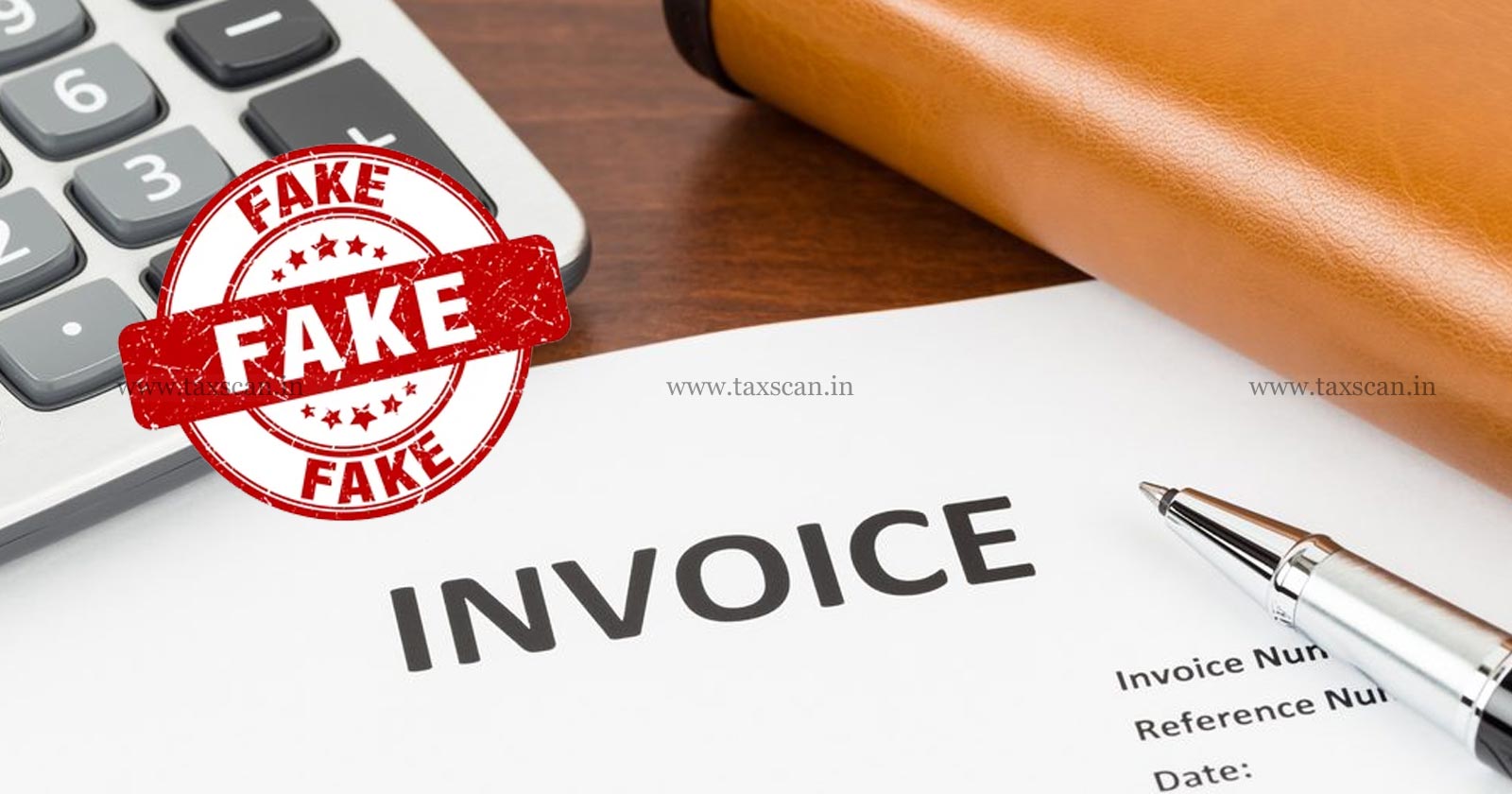Fake GST Invoices: Govt may remove Option to Revise Output Liability, says Revenue Secretary
In an attempt to curb fake GST invoicing, Govt may remove the option to edit output liability, hinted Sanjay Malhotra, Revenue Secretary

During a recent press conference, Revenue Secretary Sanjay Malhotra announced the government's intention to eliminate the flexibility provided to buyers and sellers in revising their output liability. This move involves locking invoices and removing the edit option in the upcoming financial year, a proposal that will be deliberated at the next GST Council meeting.
The primary objective behind this initiative is to enhance compliance and combat the issue of fake invoicing within the indirect tax system. Malhotra emphasized the need for improved compliance to control the proliferation of counterfeit entities and fraudulent billing, pointing out that the current trust-based system is being exploited by unscrupulous individuals creating bogus companies.
In an interview, Malhotra acknowledged that while the data exists, it is not fully utilized to address the fake invoicing problem. He clarified that the proposal does not require GST Council approval, but it will be presented in the upcoming meeting for discussion. The implementation of the new system will take time as the necessary infrastructure is being developed.
Malhotra highlighted the removal of the edit facility currently available to buyers and sellers for correcting errors after tax credits have been claimed. This adjustment aims to prevent misuse of the system by disallowing edits after the submission of GSTR-1 and GSTR-3B. The secretary emphasized that this modification will contribute to blocking fraudulent entities from altering invoice information post-submission, thereby minimizing issues related to false Input Tax Credits and reducing commercial disputes.
While this approach brings several advantages to the economic framework, there are anticipated challenges. These include decreased flexibility for rectifying genuine errors, a potential increase in administrative workload, and possible system integration issues. Small businesses may encounter compliance hurdles, and initial inaccuracies could escalate disputes. The need for careful consideration and mitigation strategies is crucial to balance the benefits against potential risks.
Notably, industry experts have raised concerns about the impact on genuine taxpayers, highlighting potential issues with correcting non-intentional mistakes and the impact on claiming credit based on GSTR 2B in the future. The overall goal is to strike a balance between strengthening the system against fraudulent activities and ensuring a smooth transition for businesses.
Support our journalism by subscribing to Taxscan premium. Follow us on Telegram for quick updates


